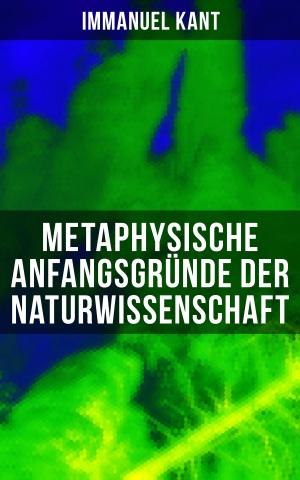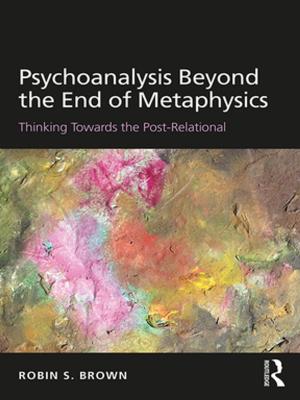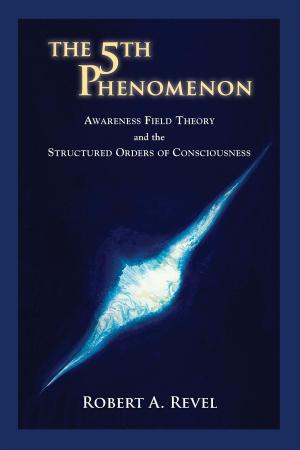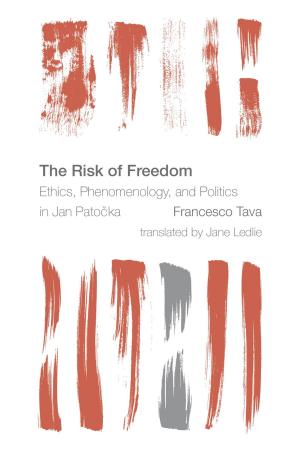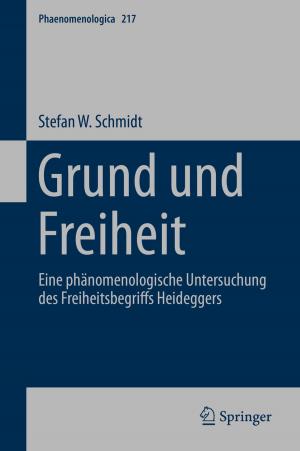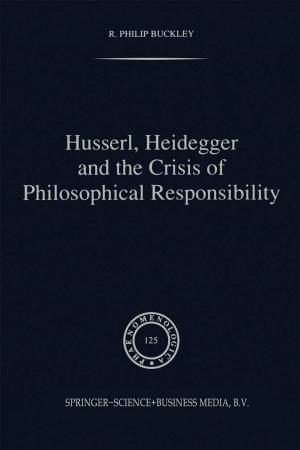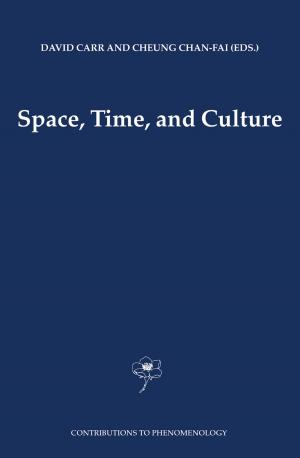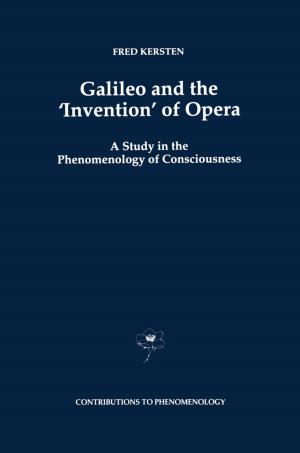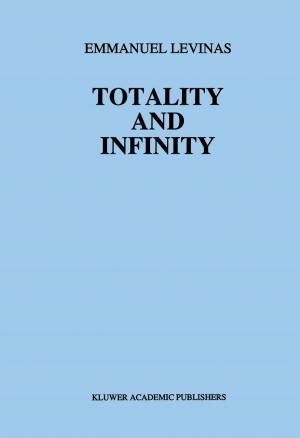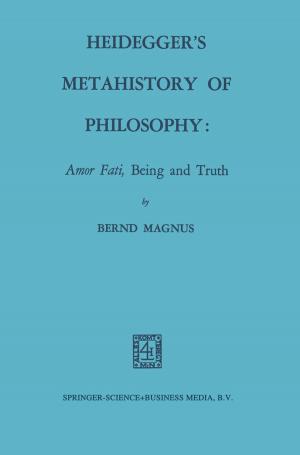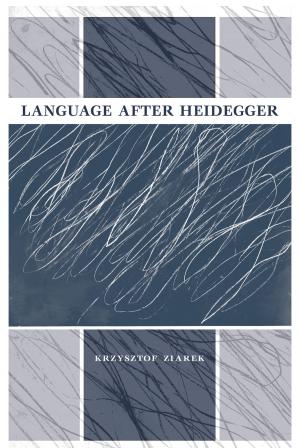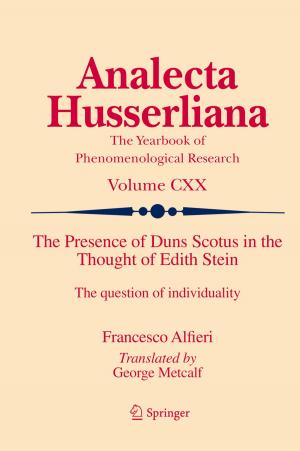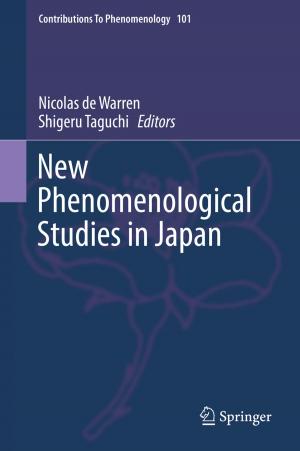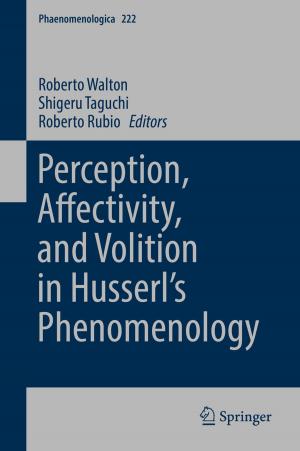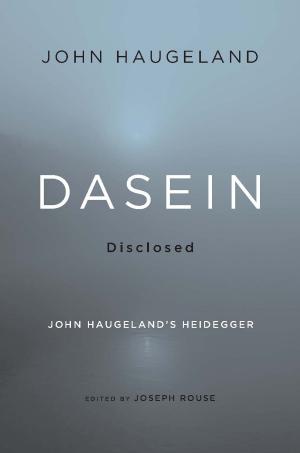Spaces: A Phenomenological Investigation
Nonfiction, Religion & Spirituality, Philosophy, Phenomenology| Author: | Giorgio Rizzo | ISBN: | 9781847900524 |
| Publisher: | Turnshare Ltd.- Publisher | Publication: | February 20, 2013 |
| Imprint: | Smashwords Edition | Language: | English |
| Author: | Giorgio Rizzo |
| ISBN: | 9781847900524 |
| Publisher: | Turnshare Ltd.- Publisher |
| Publication: | February 20, 2013 |
| Imprint: | Smashwords Edition |
| Language: | English |
If we want to investigate, from a phenomenological point of view, the notion of space, we cannot start from nowhere. For our “interest” in space is, as a matter of fact, guided by the exhibition of that lowest layer of space on which other kinds of spaces are grounded. This means also that, when our theoretical or practical motivations change, others features of space come into play. For this reason, it has a sense to speak of space only in a plural form: “spaces”. If our concern with space is purely descriptive, we cannot avoid to think that “space” and “thinghood”, as Husserl remarks in his Lectures of 1907, are essentially linked. Such essential finding, however, holds only if the space we investigate is perceptually given. Other features of our surrounding world come into play when we adopt, for example, an “existential” turn of investigation. In this case, space is not more given as a system of coordinates- filled by things- relative to our lived body. Much more, it is given as a “region”, even an “atmosphere”, in relation to which we can feel at home or in a condition of uncomfortableness.
If we want to investigate, from a phenomenological point of view, the notion of space, we cannot start from nowhere. For our “interest” in space is, as a matter of fact, guided by the exhibition of that lowest layer of space on which other kinds of spaces are grounded. This means also that, when our theoretical or practical motivations change, others features of space come into play. For this reason, it has a sense to speak of space only in a plural form: “spaces”. If our concern with space is purely descriptive, we cannot avoid to think that “space” and “thinghood”, as Husserl remarks in his Lectures of 1907, are essentially linked. Such essential finding, however, holds only if the space we investigate is perceptually given. Other features of our surrounding world come into play when we adopt, for example, an “existential” turn of investigation. In this case, space is not more given as a system of coordinates- filled by things- relative to our lived body. Much more, it is given as a “region”, even an “atmosphere”, in relation to which we can feel at home or in a condition of uncomfortableness.

